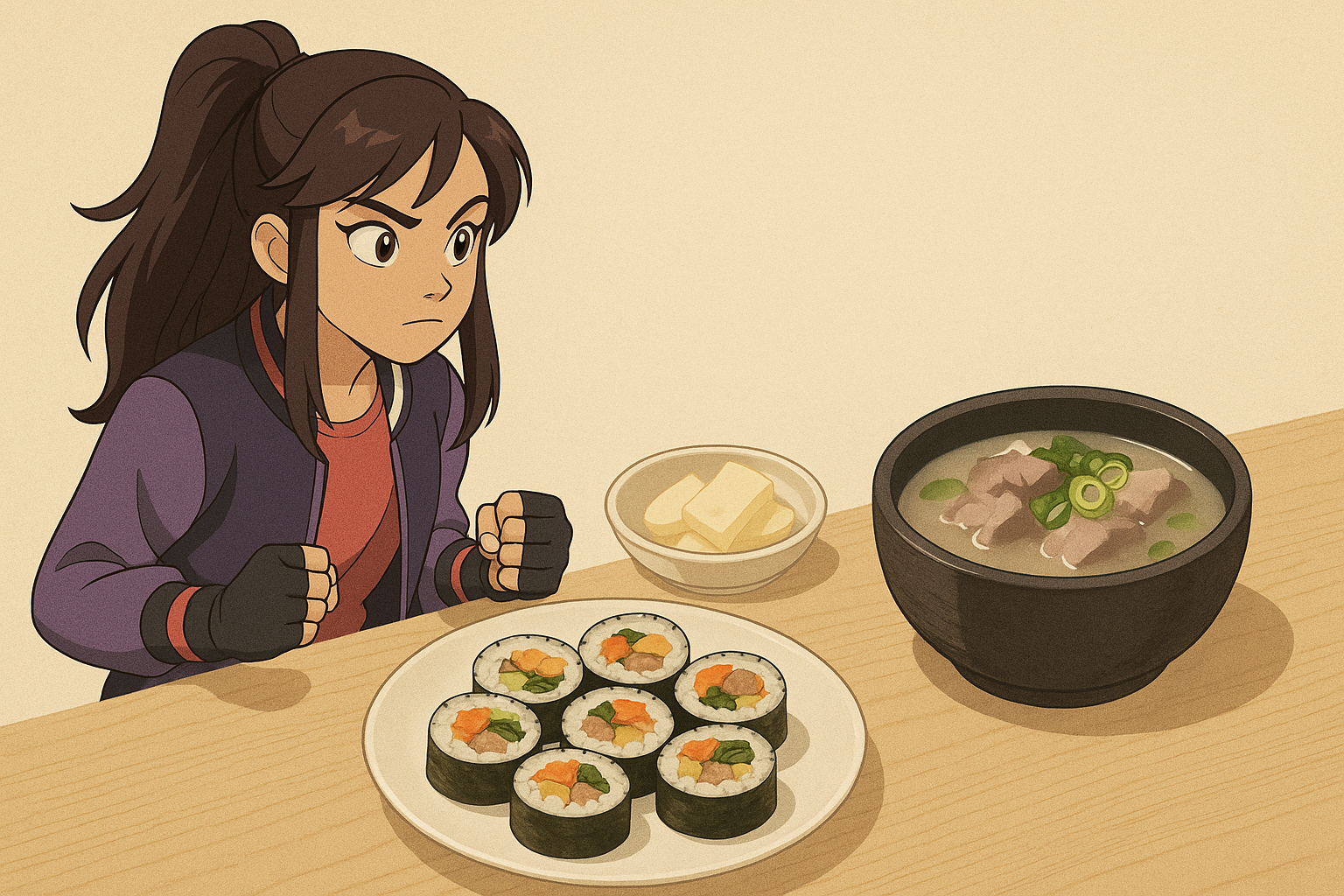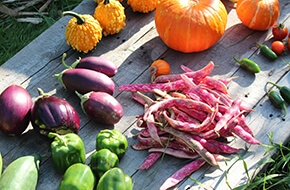Netflix’s KPop Demon Hunters Spotlights K‑Food — Global Interest in Korean Cuisine on the Rise
Netflix’s original animated musical KPop Demon Hunters, released in June 2025, has quickly become a global phenomenon. Within a week of release, it recorded over 26 million views, becoming Netflix’s most-watched animated film to date.
Set in a futuristic Seoul, the film follows a fictional K‑pop girl group who double as demon hunters. In addition to its vibrant storytelling and chart-topping soundtrack, the movie subtly highlights traditional Korean food—featuring dishes like kimbap, ramyeon, and seolleongtang—as part of the everyday life of its characters.
This exposure comes at a time when global interest in Korean cuisine is accelerating. According to official statistics:
In 2024, Korean food exports exceeded USD 13 billion, with ramyeon, ready-to-eat meals, and functional beverages leading growth.
The United States remains the top importer, with over USD 1.46 billion in purchases last year.
In Q1 2025, exports reached USD 3.18 billion, reflecting 7.9% year-over-year growth.
The Korean government’s “K-Food Plus” initiative continues to support this expansion by promoting key categories such as kimchi, ginseng, processed rice products, and beverages in emerging markets.
As media content like KPop Demon Hunters introduces K‑Food to broader audiences in a natural and engaging way, experts forecast sustained growth in both cultural interest and export volume. Korean food is no longer just a regional specialty—it is becoming a global lifestyle.




